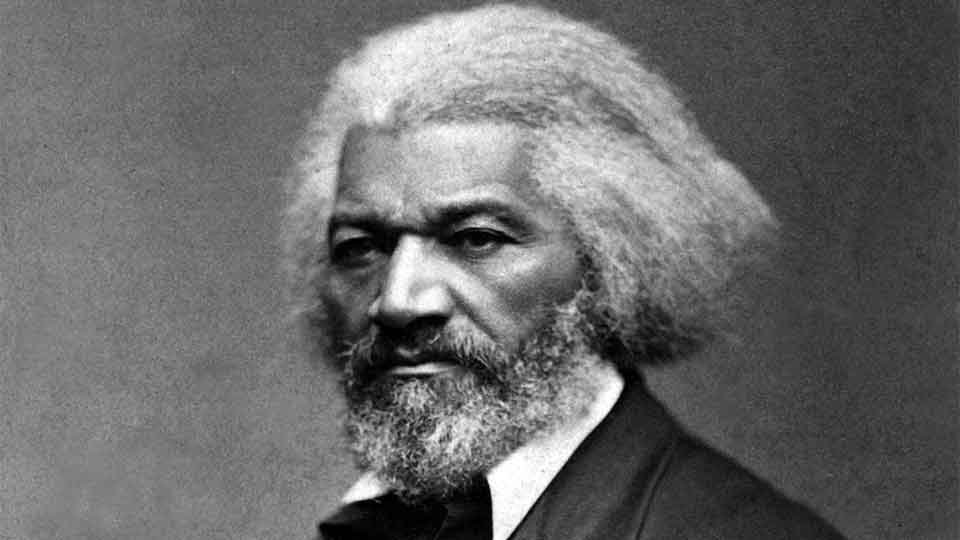

Presents
One Day University
Fascinating talks by over 300 remarkable professors
chosen from 150 top-tier schools.
One Day University Seattle Times Series
Sponsored by

On May 10th, 11th and 12th, One Day University will be presenting three remarkable talks featuring award-winning professors from across the country.
Each talk will air from 5:30 – 6:30 PST and is about 45 minutes with a 15 minute Q&A session. We hope you’ll join us for one, two, or all three of these talks and rediscover the joy of lifelong learning.
A link to view the talks will be sent to all registrants prior to each session.
The talks are FREE thanks to The Seattle Times and AARP Washington, but you must register.
All courses are from 5:30 – 6:30PM PST

The Legacy of Frederick Douglass
Richard Bell / University of Maryland
Frederick Douglass was a visionary—a prophet who could see a better future that lay just beyond reach. He was, alongside Lincoln, the greatest American of the 19th century and put his extraordinary gifts to use in the service of freedom, driving American slavery into the grave. After the carnage of the Civil War, he played a central role in the re-founding of American Republic as well, and spent decades afterwards defending and perfecting it.

Beethoven’s Ninth: The Story Behind the Masterpiece
Thomas Kelly / Harvard University
Professor Kelly will present a brief taste of his popular Harvard course, “First Nights.” We’ll begin in 1814 Vienna, using pictures and sound to recapture the first performance of Beethoven’s Ninth Symphony – perhaps the best-known piece of classical music. This talk will let us in on some things that Beethoven’s audience knew about, and it may change the way we listen to a favorite (or a new) piece of music.

The Science of Sleep and Stress
Jessica Payne / University of Notre Dame
What’s going on in your head while you sleep? The research of Notre Dame Professor Jessica Payne shows that the non-waking hours are incredibly valuable for your day-to-day life, especially for helping to commit information to memory and for problem-solving. If you ever thought sleep was just downtime between one task and the next, think again. The fact is, your brain pulls an all-nighter when you hit the hay. Many regions of the brain – especially those involved in learning, processing information, and emotion – are actually more active during sleep than when you’re awake. These regions are working together while you sleep, helping you process and sort information you’ve taken in during the course of the day. Professor Payne’s research has focused on what types of information are submitted to memory, and has been instrumental in better understanding how the brain stores the information.

